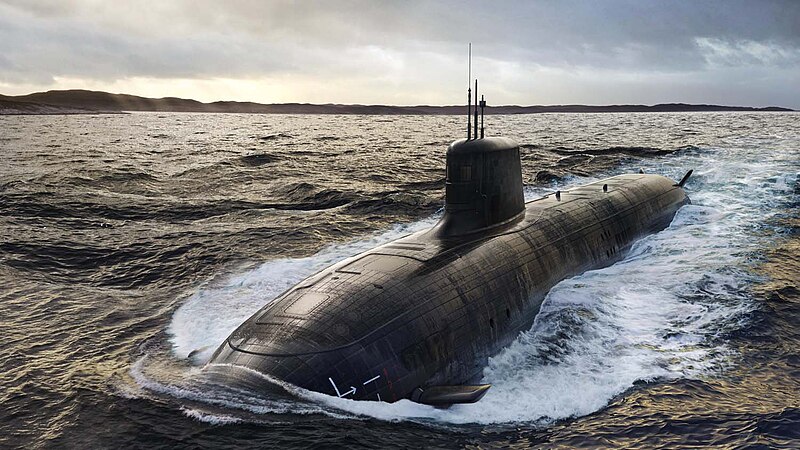
Prime Minister Keir Starmer has unveiled a sweeping defence initiative that includes building 12 new attack submarines and six new munitions factories as part of the UK’s latest
Strategic Defence Review.
The government has accepted all 62 recommendations from the externally-led review, which calls for preparing the Armed Forces for “warfighting readiness” in response to rising global threats.
“When we’re directly threatened by states with advanced military capabilities, the best deterrent is to be ready—and to show we’re ready,” Starmer said in Glasgow. “This review is a blueprint for a safer, stronger Britain—battle-ready, with powerful alliances and advanced technology for the decades ahead.”
The new submarines will be conventionally armed, nuclear-powered, and built under the AUKUS pact between the UK, US, and Australia. Construction is set to begin with one vessel every 18 months, aiming for completion by the late 2030s. The programme will include a £15 billion investment in nuclear warheads.
In addition, the UK will procure up to 7,000 long-range weapons and invest £1.5 billion to construct six factories for ammunition and energetics. One facility will operate continuously to allow rapid production increases during high-intensity conflict.
Defence Secretary John Healey emphasized the link between military strength and industrial capacity: “Putin’s invasion of Ukraine has shown that a military is only as strong as the industry behind it. We are reinforcing the UK’s defence industry to deter threats and protect our security.”
The government will also invest £1 billion in a new CyberEM Command to bolster cyber operations and digital defence capabilities. An additional £1.5 billion will go toward repairing and upgrading military housing.
These initiatives support the UK’s plan to raise defence spending to 2.5% of GDP by 2027, with a target of 3% in the next parliamentary term.
This week, Britain will co-chair the Ukraine Defence Contact Group alongside the US, coordinating support for Ukraine among 56 allied nations. Defence ministers will also discuss raising NATO’s defence spending targets, potentially endorsing a new goal of 5% of GDP—split between military and related infrastructure and cybersecurity.
Starmer stood by the UK’s commitment to reach 3%, calling it a significant step. “NATO means we’ll never fight alone—it’s our strategic cornerstone,” he said. “Our defence transformation will mark Britain’s most substantial contribution to NATO since its founding.” Photo by BAE Systems, Wikimedia commons.




































